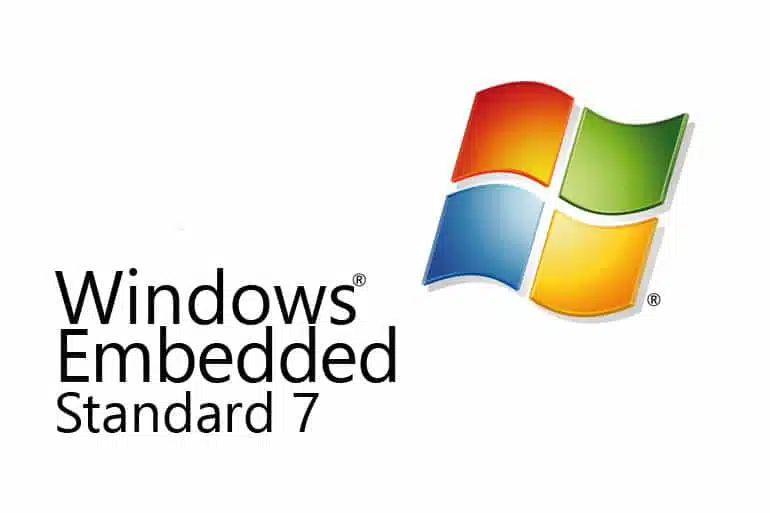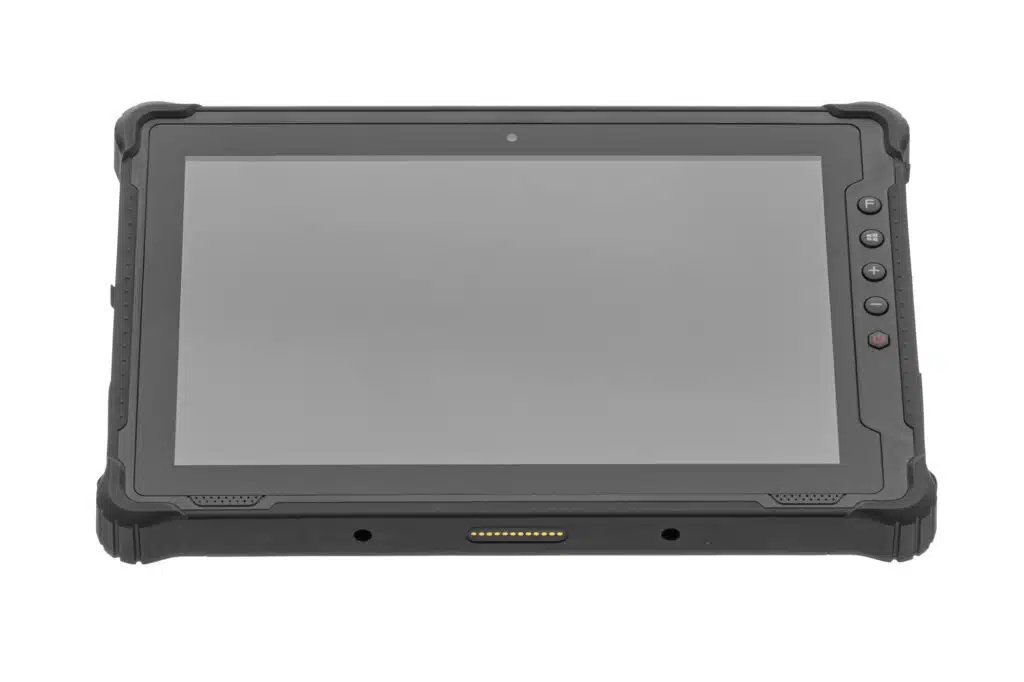05.05.2011

Windows Embedded Standard 7 offers the performance, familiarity and reliability of the Windows 7 operating system in a component-based form. We offer prepared standard images in the Entry and Professional variants. You can find an overview of the differences in performance between the two variants here.
We can currently offer the standard image for the following systems:
We are happy to make individual adaptations and changes on request and create a customized operating system for your software solution.

Whether in the industrial hall, in the warehouse or out in the field, mobile IT has to do much more ...

In many companies, it is not easy to find the right hardware for harsh environments. Before an indus...

Our industrial tablets are super flexible and robust. Robust explains itself thanks to the protectio...
You need to load content from reCAPTCHA to submit the form. Please note that doing so will share data with third-party providers.
More Information